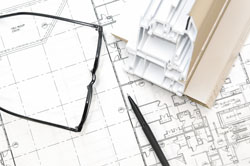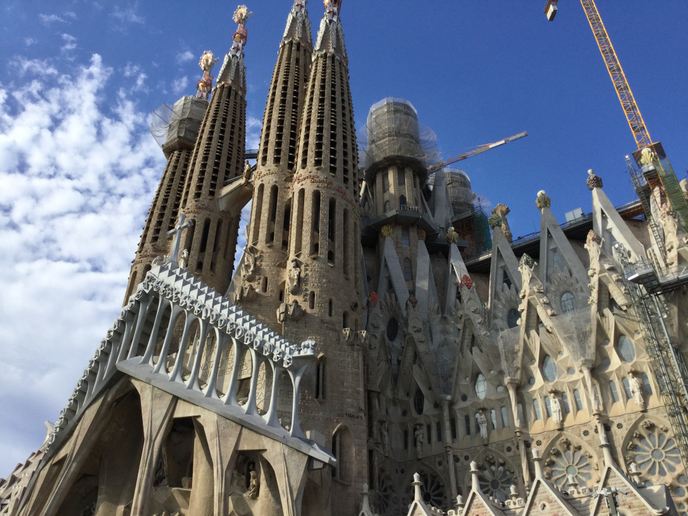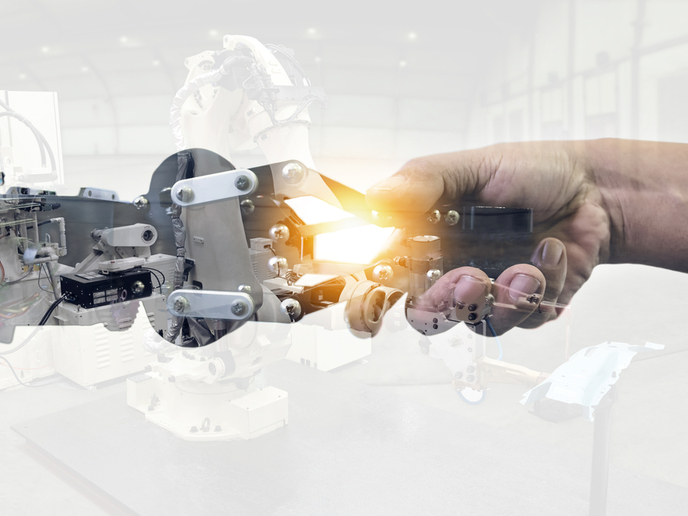Enhancing virtual engineering
Software tools that aid in the design of components have become quite common. Most are familiar with AutoCAD, the computerised drafting software that has replaced pencil and paper in many businesses. Virtual design and manufacturing tools that take a product from conception through to manufacturing with the ability to model material behaviour under various conditions are rare. European researchers initiated the ‘Virtual engineering for robust manufacturing with design integration’ (VERDI) project to develop just such tools for the aerospace sector. The goal was to facilitate the integration of robust manufacturing methods into the design phase, eliminating physical trials and long feedback times. VERDI scientists developed the numerical algorithms for simulating eight different manufacturing processes including metal deposition, welding, heat treatment, surface strain hardening and machining. They integrated modelling of materials’ behaviours to evaluate how materials held up to temperature ranges and changes as well as strains during these processes. The integrated VERDI virtual engineering tool was also able to predict component operating lifetimes. Commercialisation of the VERDI platform has the potential to significantly reduce engine development time and cost while enhancing the reliability and lifetime of components. Project results provide a quantum leap in design and manufacturing of aerospace components that should contribute to global leadership of the European aerospace manufacturing industry.







